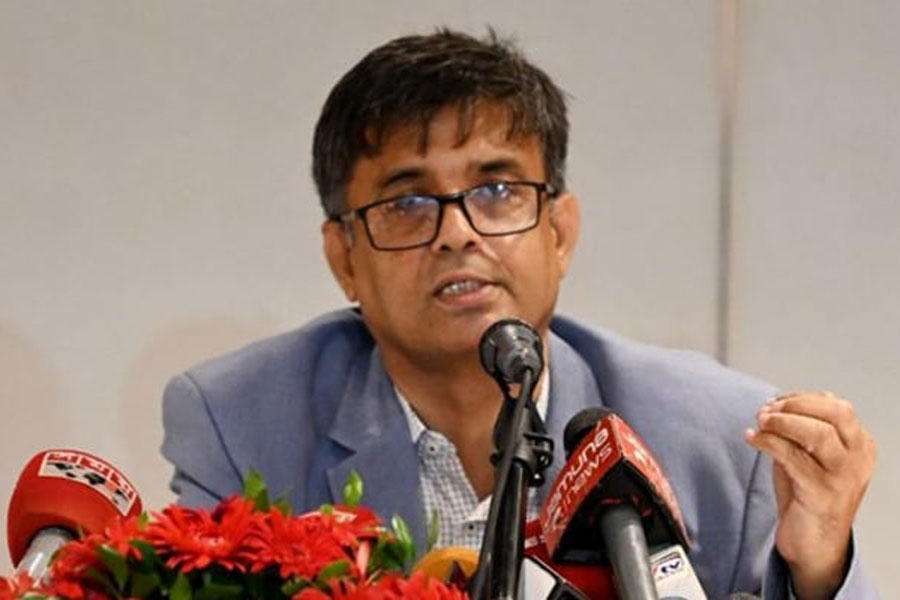New Logistics Policy 2025 approved to boost investment, digitalise cargo transport
Marine, rail transport highlighted

Published :
Updated :

Bangladesh’s Council of Advisers on Thursday approved the National Logistics Policy 2025 — a comprehensive framework aimed at modernising the country’s logistics ecosystem, improving transport efficiency, and attracting both domestic and foreign investment.
Briefing reporters at the Foreign Service Academy, Chief Adviser’s Press Secretary Shafiqul Alam said that although the new policy is not a law, it will serve as a vital guide for the government to address challenges in the logistics sector.
“This is not a law, but a policy framework,” Shafiqul explained. “With such a policy in place, the government can function in an organised manner and gain a clear sense of direction. Through this policy, logistics issues in Bangladesh will be quickly identified and addressed. As a result, investment will increase in both the public and private sectors, foreign direct investment will rise, and our export competitiveness will improve compared to other countries.”
He said inefficiencies in cargo handling have long plagued the logistics sector, noting that goods often remain stuck at Chattogram Port for up to 11 days. “If we can implement this policy effectively, product transportation and availability will become much faster. Export shipments will also move more efficiently. Consequently, foreign companies will become more interested in investing in Bangladesh,” he added.
The new policy prioritises rail and river transport as the backbone of the national logistics network. Bangladesh has over 3,000 kilometres of navigable waterways and rail routes, but Shafiqul said these remain underutilised. “Although our rivers are navigable for about seven months a year, we fail to take advantage of this opportunity. This policy encourages investments from both the public and private sectors to unlock that potential.”
The National Logistics Policy 2025 comprises 11 chapters and seeks to establish an environmentally sustainable and integrated logistics system. One of its key features is the creation of a digital logistics ecosystem to streamline customs clearance, reduce delays, and enable traders to track their goods in real time from anywhere in the country.
Shafiqul noted that an earlier policy, formulated in 2024, was reviewed by the Secretary Committee and found inadequate. “The 2024 policy failed to meet expectations,” he said. “It contained pages of glorification of Sheikh Mujibur Rahman instead of addressing the real challenges in logistics management.”
In April last year, the former Awami League government had approved that earlier version, but the current interim government has scrapped it and formulated a new policy focusing on efficiency, transparency, and sustainability.
Officials said the new logistics policy aims to position Bangladesh as a regional logistics hub by strengthening multimodal transport connectivity and promoting green infrastructure. The government expects that faster cargo movement, reduced port congestion, and digitised services will enhance investor confidence and cut costs for exporters.
“The vision is to build a logistics system that is not only fast and efficient but also environmentally responsible,” Shafiqul concluded. “This is how Bangladesh will move closer to becoming a globally competitive trading nation.”


 For all latest news, follow The Financial Express Google News channel.
For all latest news, follow The Financial Express Google News channel.